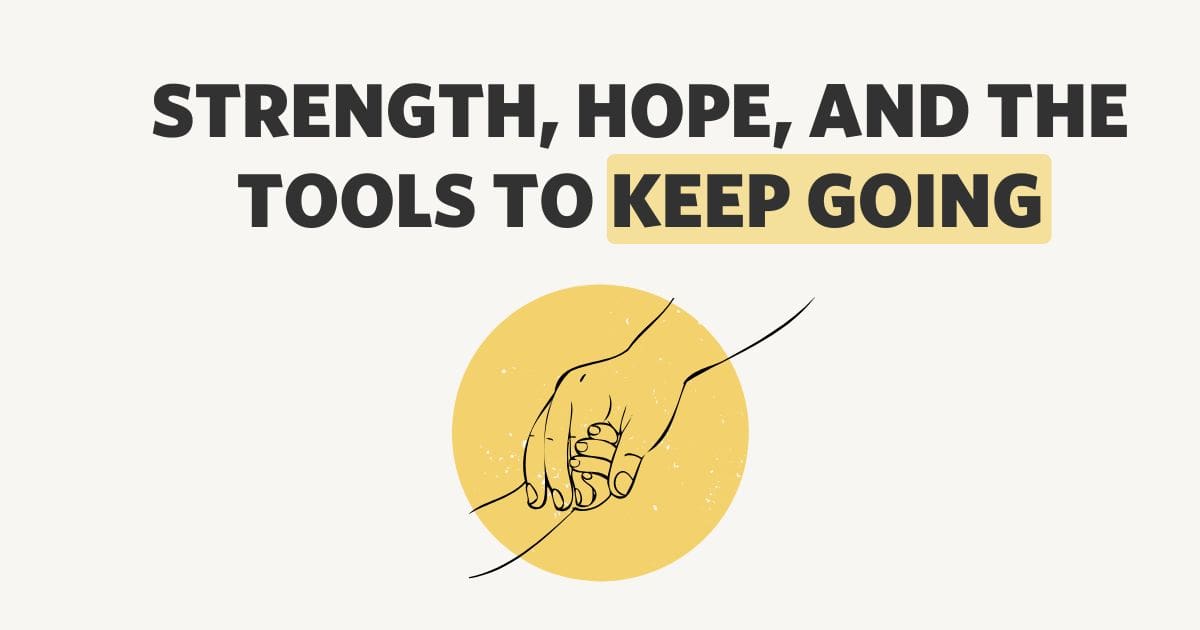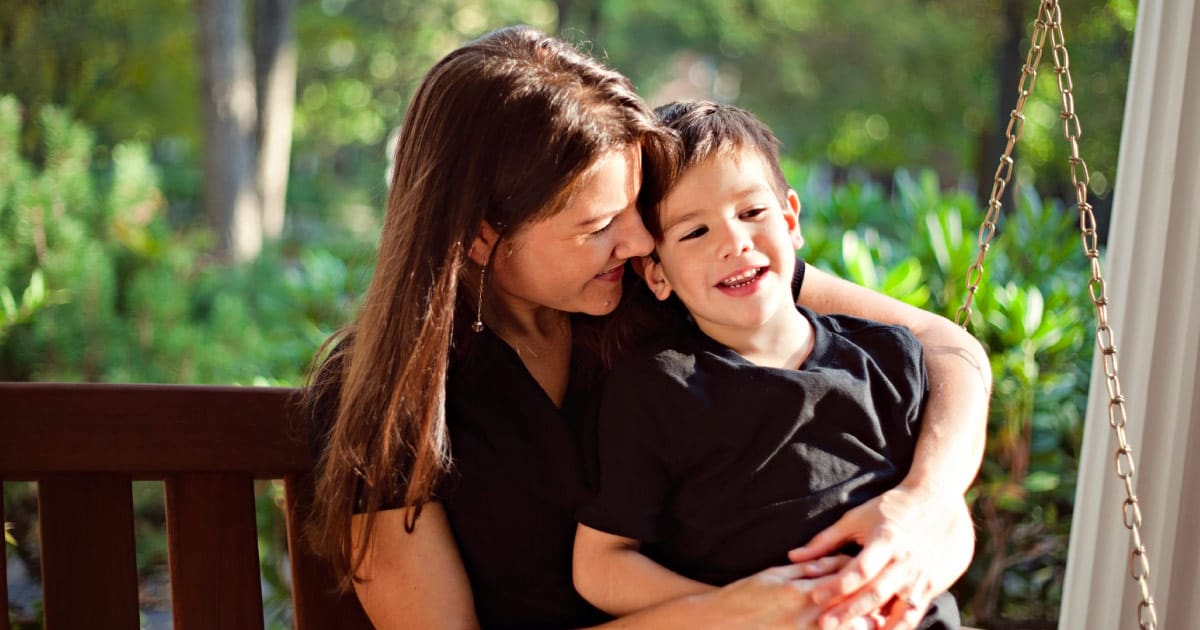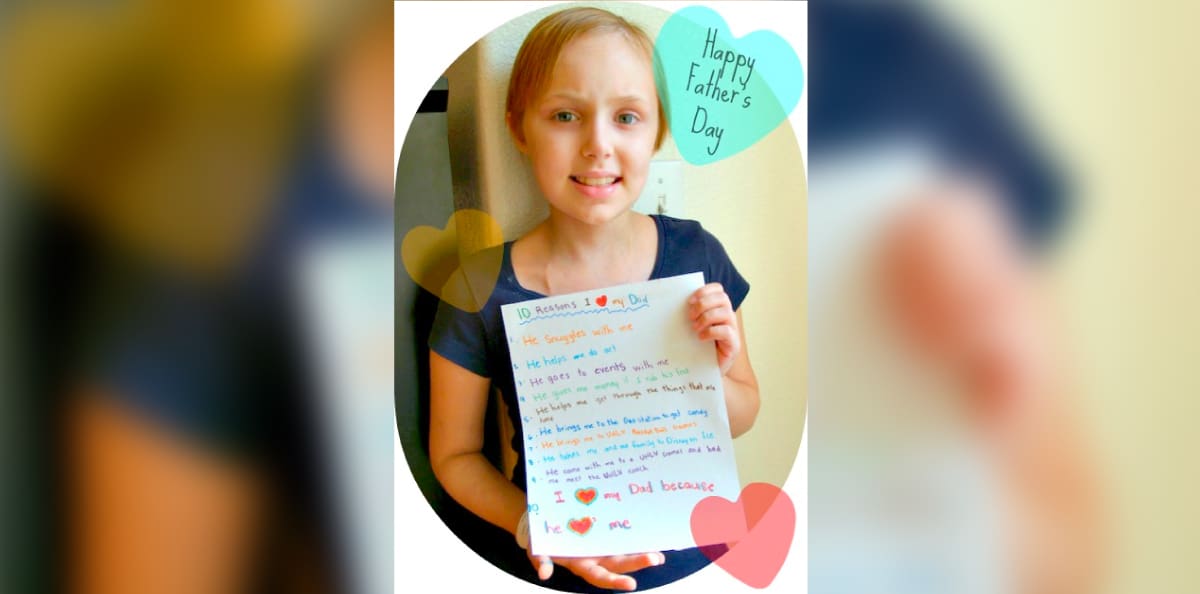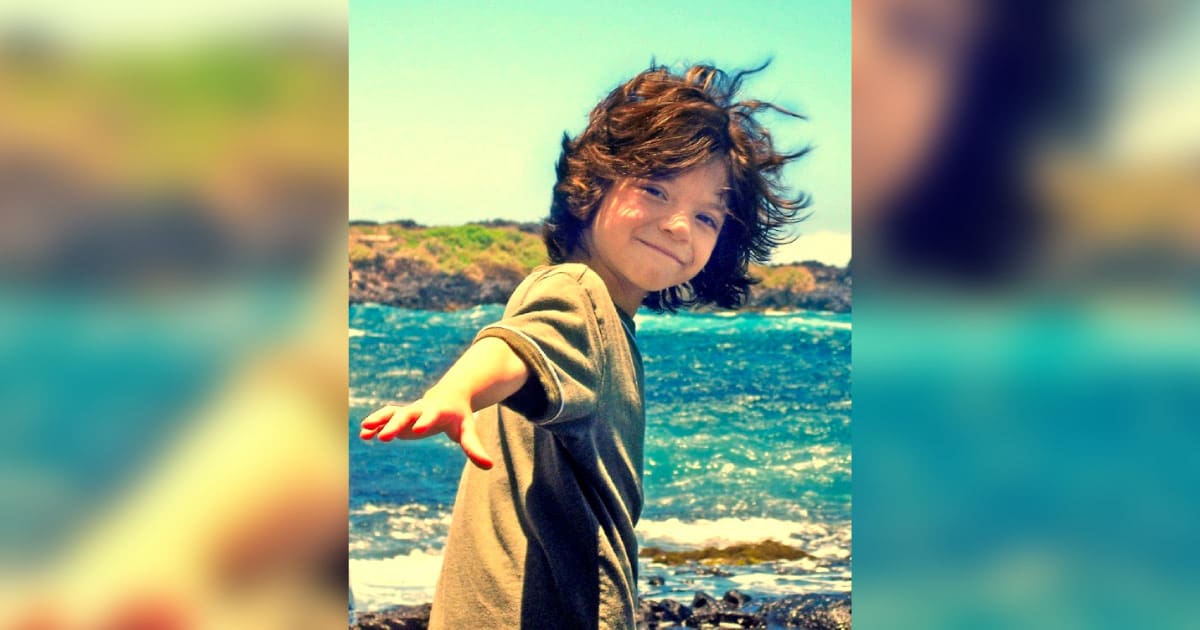By Kelsey Mora, CCLS, LCPC, dual-certified child life specialist and licensed clinical professional counselor, author of The Dot Method
The well-being of kids impacts parents and the well-being of parents impacts kids. So how do we support both?
According to the U.S. Surgeon General’s recent advisory on the mental health and well-being of parents, In the U.S., nearly one in five children (ages 0-17 years) have a special health care need. This term includes those who have or are at increased risk for a chronic physical, developmental, behavioral, or emotional condition and need health services beyond that required by children generally i.e. childhood cancer.
When surveyed, more than twice as many parents and caregivers of children with special health care needs reported “fair or poor mental health” compared to parents and caregivers of children without special health care needs (14% vs. 6%, respectively). What the advisory says the community needs to do to support these parents is to promote open dialogue about the stress, increase access to resources, encourage social connection with other parents who get it, and elevate the voices of impacted parents.
Here are three key takeaways from the advisory as they pertain to caregivers navigating childhood cancer:
- We can’t adequately support kids without supporting their parents and caregivers.
- The well-being of kids impacts parents and the well-being of parents impacts kids.
- Children’s health and safety are among the primary parental stressors.
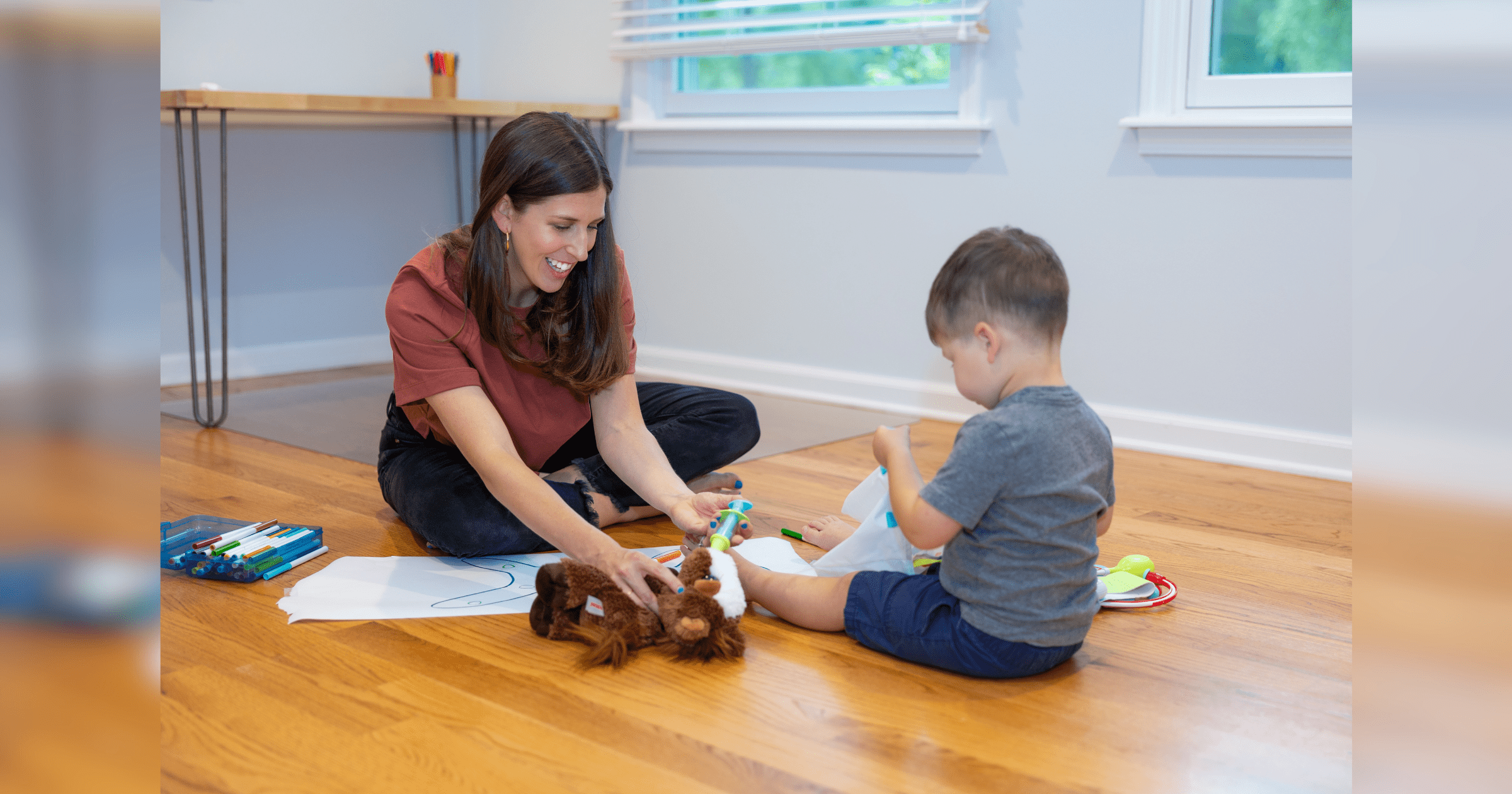
When facing childhood cancer, there is often not a clear or quick solution. This can leave parents and caregivers feeling helpless and frustrated. Instead, parents can focus on supporting their kids through hard things that they can’t fix on their own and taking care of themselves along the way. They can focus on support over solutions, not only for their child but for themselves.
Caregivers have a unique role to play in helping their child(ren) with honest communication, consistency amidst chaos, and coping or comfort during difficult times. This can give caregivers a sense of control and improve the wellbeing of both themselves and their children.
Honest Information
Specifically, when it comes to honest information, caregivers can use age-appropriate information to describe and discuss the cancer diagnosis and treatment. I’ve created an interactive workbook called The Dot Method to teach kids about cancer. It explains cancer cells and how treatment works to get rid of the cancer cells as well as helps kids understand different challenges including side effects. Parents can also help prepare and plan for hospital stays, procedures, and transitions ideally working with the care team to establish coping plans that improve painful or uncomfortable procedures. When kids have honest information and strategies, they can often better tolerate the difficult experiences that come with cancer.
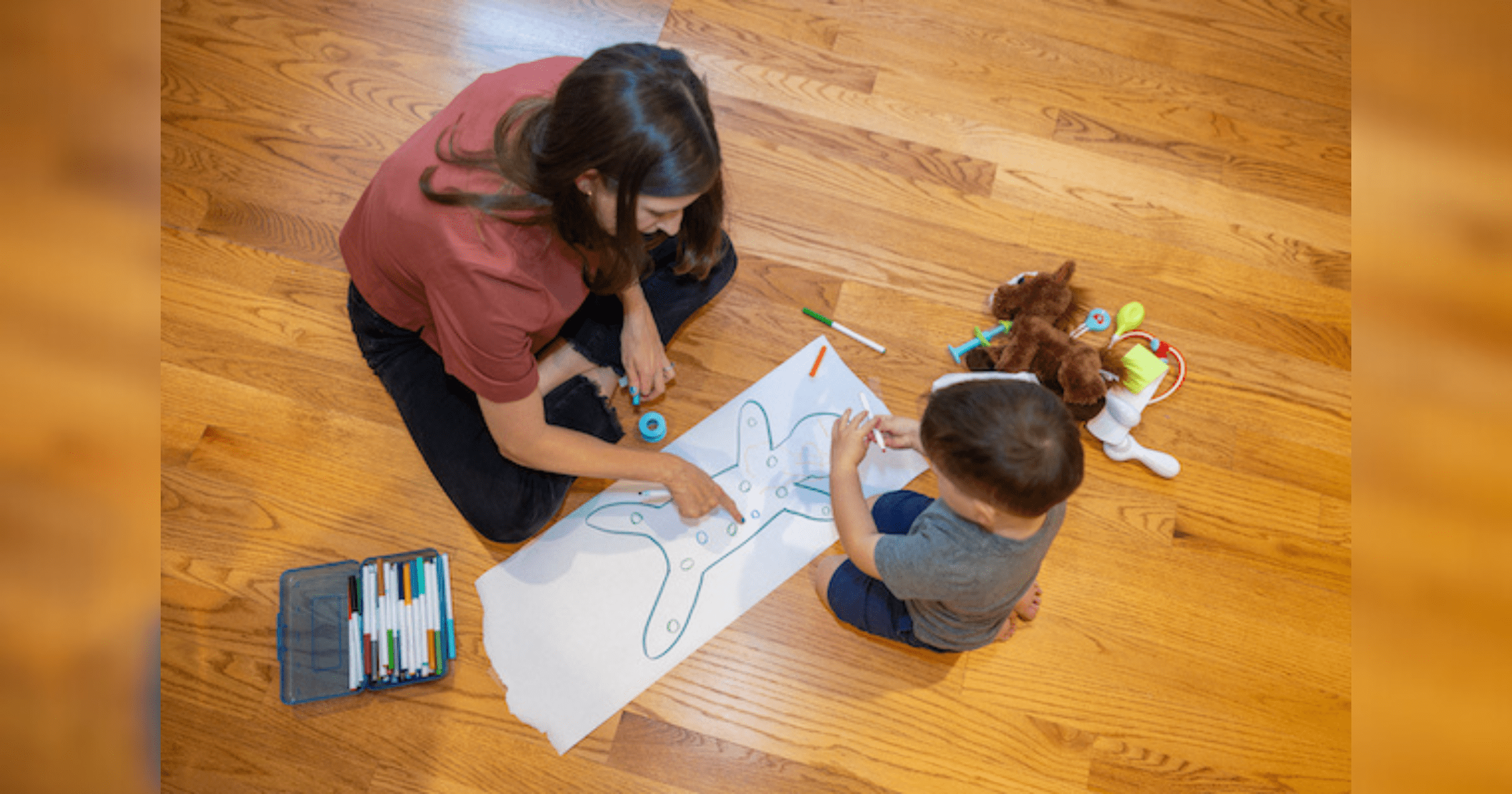
Consistency
In terms of consistency, caregivers can help promote a sense of normalcy by maintaining routines and structure. This can be done through play, providing choices, setting limits, and promoting socialization where safe and appropriate. Parents may worry about disciplining a child with cancer. However, keeping some rules the same can help with overall coping and adjustment for the whole family while of course being flexible to the unique needs and challenges that may arise. It can be so healing to have normal parenting wins amidst cancer from bedtime cuddles to learning a new skill to laughing together.
Coping
Lastly, caregivers can support their child’s emotion regulation by naming and modeling their own feelings as well as demonstrating how to use healthy coping strategies and even asking for help. Children and caregivers will experience a range of emotions and it’s important to find ways to express and process those complicated feelings. Sometimes it might be deep breathing, other times it might be hitting a punching bag or pillow. It’s essential for caregivers to identify and use their own coping strategies and support system which can also show your child that there are effective ways to manage emotions.
Nothing about helping kids through cancer is easy. That’s why making time and space for one’s own self-care can greatly improve the care of your child(ren). Sometimes, it might be asking yourself “How do I feel right now?” or “What do I need today?” This doesn’t have to be long, elaborate, or expensive. Sometimes it’s a 10 second pause, a five-minute shower, 3 deep breaths, a meaningful song, or a drink of water. And kids can gain so much value by watching their trusted caregiver take care of themselves too. In fact, if the well-being of kids impacts parents and the well-being of parents impacts kids, we have no choice but to acknowledge, value, and normalize supporting both.
Learn more about Kelsey Mora and The Dot Method.
If your child has been affected by cancer, we’d like to invite you to be part of the St. Baldrick’s community and mission to Conquer Kids’ Cancer.
